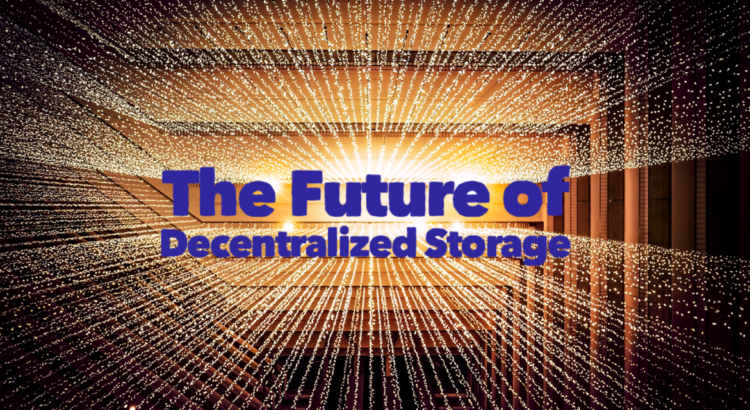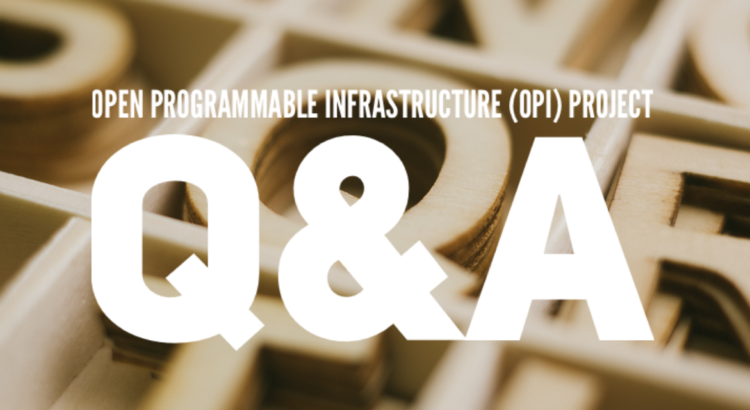
Web 3.0 – The Future of Decentralized Storage
Decentralized storage is bridging the gap between Web 2.0 and Web 3.0, and its impact on enterprise storage is significant. The topic of decentralized storage and Web 3.0 will be the focus of an expert panel discussion the SNIA Networking Storage Forum is hosting on June 1, 2023, “Why Web 3.0 is Important to Enterprise Storage.”
In this webinar, we will provide an overview of enterprise decentralized storage and explain why it is more relevant now than ever before. We will delve into the benefits and demands of decentralized storage and discuss the evolution of on-premises, to cloud, to decentralized storage (cloud 2.0). We will also explore various use cases of decentralized storage, including its role in data privacy and security and the potential for decentralized applications (dApps) and blockchain technology. Read More

